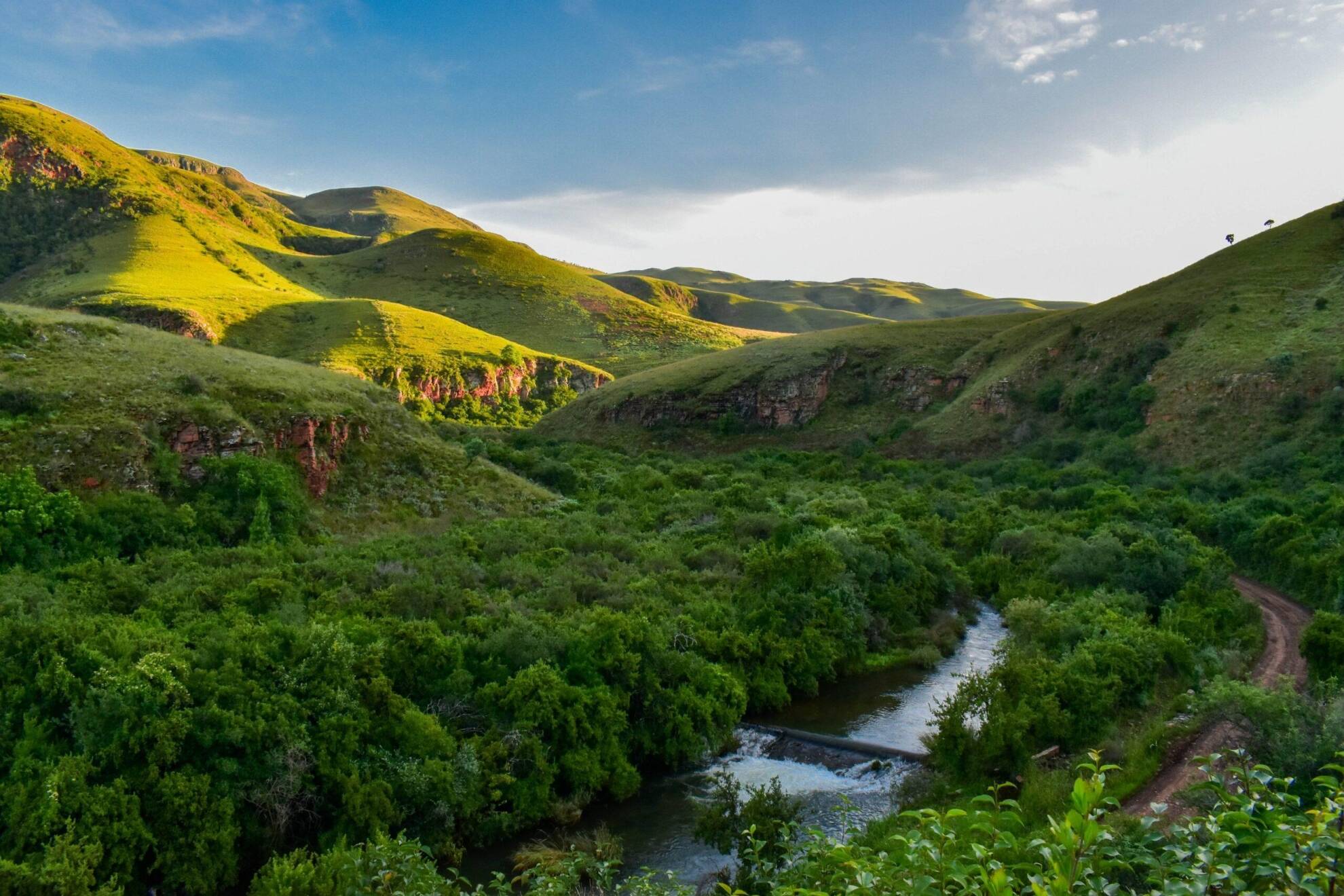
There is a profound connection between hunting and conservation. At its core, ethical hunting plays a pivotal role in preserving biodiversity, protecting ecosystems, and ensuring a sustainable future for our planet.
Discover the impact that hunters and hunting outfitters can have on conservation efforts. Join us in celebrating ethical hunting practices and ethical hunting outfitters as cornerstones of effective conservation.
Whether you're a seasoned hunter, a wildlife enthusiast, or someone curious about the intricate dance between hunting and conservation, explore our resources to delve deeper into this crucial alliance.
Hunters actively engage in the protection of habitats crucial for wildlife survival. Their contributions aid in establishing and maintaining protected areas, fostering a secure environment for diverse flora and fauna.
Ethical hunters often serve as ambassadors for conservation. They share their knowledge and experiences, fostering a deeper understanding of the delicate balance required for sustainable coexistence between humans and wildlife.
By championing ethical hunting, we stand against illegal poaching and habitat destruction. Ethical hunters advocate for strong conservation laws and work to eliminate illegal practices that threaten the very fabric of our ecosystems.
The role of ethical hunting outfitters is instrumental. These stewards of the wilderness not only guide hunting expeditions but also actively contribute to sustainable practices, habitat conservation, and community engagement. Discover how ethical hunting outfitters play a crucial part in the delicate dance between hunters, conservation, and the natural world.
Ethical hunting outfitters serve as advocates for sustainable practices, educating hunters on ethical guidelines. By aligning the pursuit of game with conservation goals, they ensure a harmonious balance within ecosystems, safeguarding the long-term health of wildlife populations.
Contributing to habitat conservation planning, outfitters identify areas where ethical hunting can positively impact ecosystems. Through strategic planning of hunting excursions, they minimize disruption, preserving the delicate balance of nature for generations to come.
Ethical hunting outfitters actively engage with local communities, emphasizing the importance of ethical hunting for both environmental and economic sustainability. By fostering relationships with communities, they contribute to a shared commitment to protect the land and its inhabitants.
As you consider your journey into the heart of African hunting, let the principles of ethical and conservation hunting guide your footsteps. The profound connection between hunters, outfitters, and the preservation of our planet's natural wonders is an alliance worth celebrating. Upholding ethical practices ensures a legacy of biodiversity, protected ecosystems, and a sustainable future. Hunters and outfitters alike, play pivotal roles in this delicate dance.
Join the collective endeavor to preserve nature for future generations, making every expedition a testament to responsible and impactful conservation hunting. Through your choices, experiences, and shared knowledge, become a guardian of the wild, leaving behind a legacy that echoes the importance of ethical and conservation hunting for generations to come.
Search from our range of Hunts across various popular destinations in Africa.
Find A Hunt